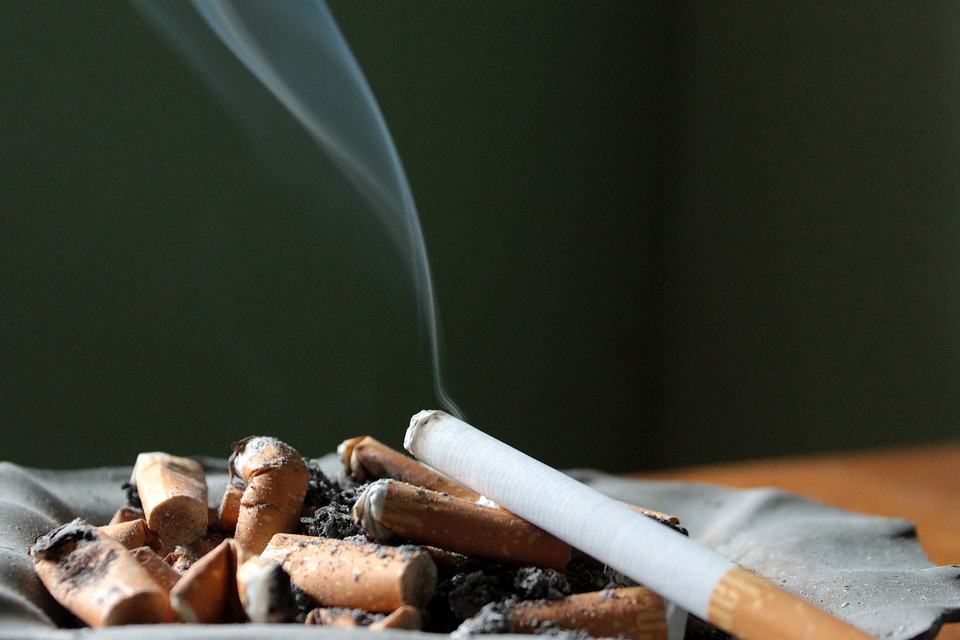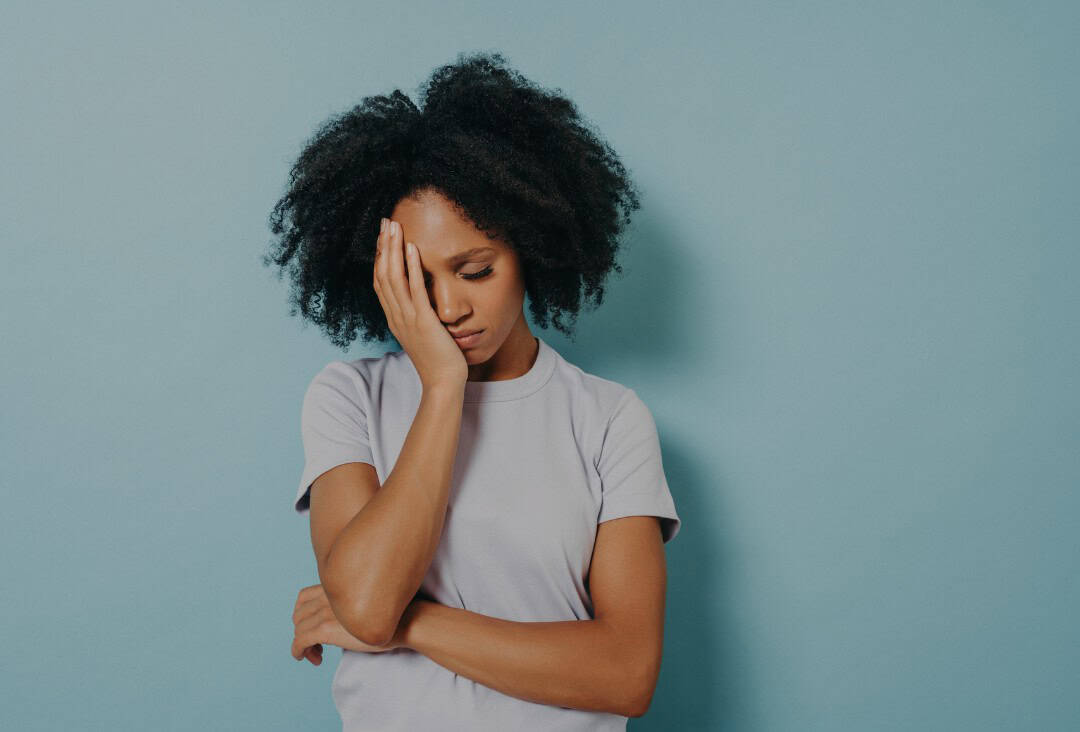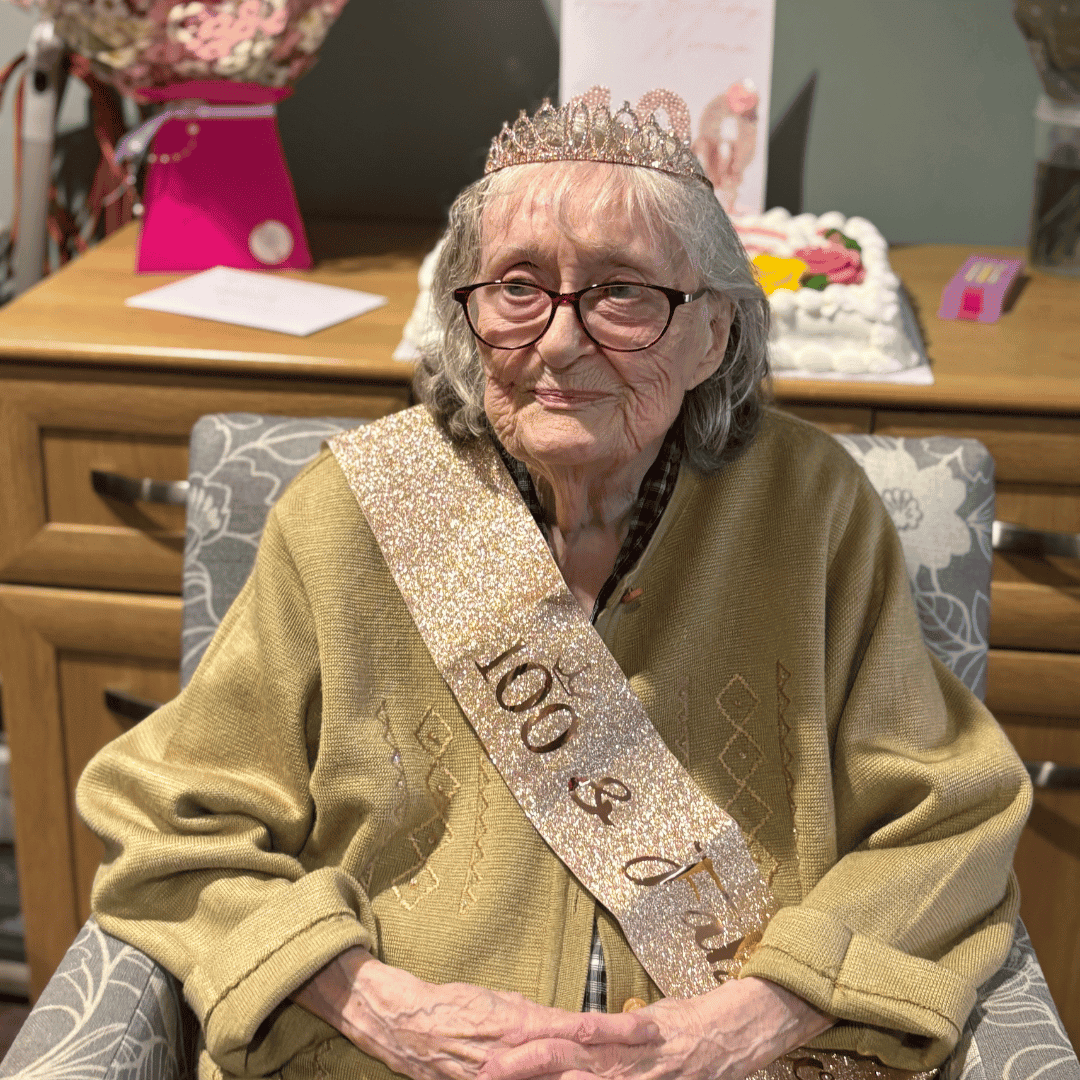Yes. Breathing in someone else’s cigarette smoke (passive smoking or secondhand smoking) can increase your risk of cancer and other health problems. It is also particularly harmful for children.
Smoke stays in the air
When someone smokes a cigarette, the smoke from the burning tip is released into the air. So is the smoke they breathe out. Smoke can stay in the air for up to 2.5 hours, even with a window open. It may still be there even if you can’t see it or smell it.
This also applies in small enclosed places, such as cars. Smoke may still be present in large amounts even after the person has stopped smoking.
Risks of passive smoking
Passive smoking can damage your body because secondhand smoke contains more than 4,000 chemicals, many of which are irritants and toxins, and some of which are known to cause cancer. Passive smoking from all forms of tobacco is harmful, including:
- cigarettes
- cigars
- pipe tobacco
- hand-rolling tobacco
- shisha pipes (also called hookahs or waterpipes)
Frequent exposure to other people’s smoke can increase your risk of lung cancer, even if you’re a non-smoker. Passive smoking also increases your risk of coronary heart disease. Coronary heart disease can cause a heart attack, angina (chest pain) and heart failure. It also increases your risk of stroke.
Children and passive smoking
Breathing in secondhand smoke is particularly harmful for children. Children who breathe in secondhand smoke have an increased risk of:
- Cot death (sudden infant death syndrome, or SIDS) – this is twice as likely in babies whose mothers smoke.
- Developing asthma – smoking can also trigger asthma attacks in children who already have the condition.
- Serious respiratory (breathing) conditions such as bronchitis and pneumonia – younger children are also much more likely to be admitted to hospital for a serious respiratory infection.
- Meningitis.
- Coughs and colds.
- A middle ear infection (otitis media), which can cause hearing loss.
Children who grow up with a parent or family member who smokes are three times more likely to start smoking themselves.
If you’re a parent who smokes, it will be hard to explain to your children why they shouldn’t start smoking. Try to lead by example and quit. As well as improving your health and theirs, your children may be less likely to start smoking later in life. See below for where to get support.
Smoking and the law
In July 2007, smoking in public places such as bars, restaurants and workplaces was made illegal to protect non-smokers from the health risks associated with passive smoking.
For further information visit: NHS








